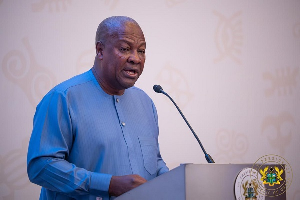Rwanda's authorities have ruled out foul play in the death of gospel singer Kizito Mihigo, who died in police custody 11 days ago.
The national prosecuting authority said a report by the Rwandan Investigation Bureau showed he had taken his own life by hanging himself with items in his cell.
The police officers on duty that night said no commotion was heard.
The singer, popularly known by his first name Kizito, died three days after he was arrested near the border in Burundi.
He had been accused of attempting to flee the country and join rebel groups fighting against the Rwandan government.
Activists in the diaspora said Kizito had no such intention and wanted to get to Belgium where he had lived before.
He had been banned from leaving Rwanda because of a previous conviction.
A number of human rights organisations and foreign-based Rwandan activists have cast doubt on the official version.
Philippe Basabose, a spokesperson for 36 genocide survivors living abroad, wrote an open letter to President Paul Kagame, calling for an independent investigation.
He told the BBC that Kizito had shown no signs of planning to take his own life, and before his arrest had spoken about getting married and starting a family.
Five years ago, the singer was sentenced to 10 years in prison after being found guilty of planning to kill President Kagame and inciting hatred against the government. He was pardoned in 2018.
Government critics believe he was targeted because of his music.
In one of his songs he had suggested that everyone killed during the 1994 genocide should be remembered, whether they were ethnic Hutus or Tutsis.
The authorities saw this as openly challenging the official narrative that it was genocide of the Tutsis.
Africa Entertainment News of Friday, 28 February 2020
Source: bbc.com













